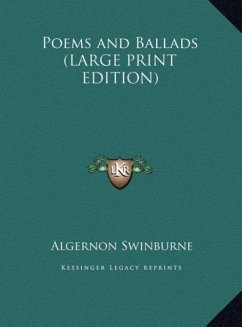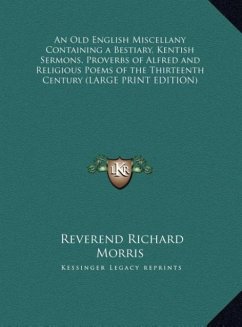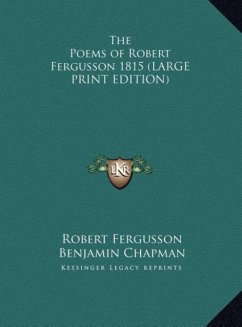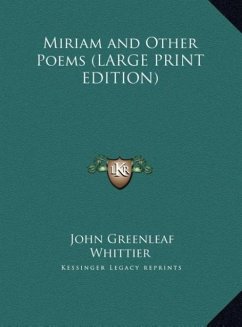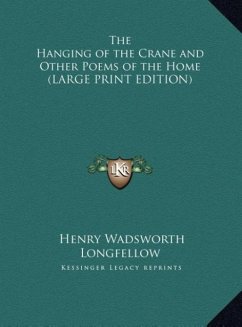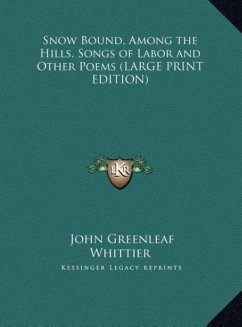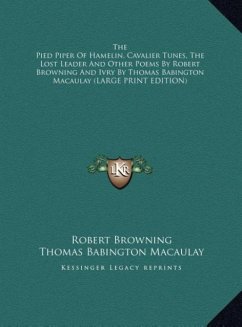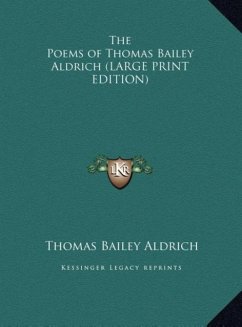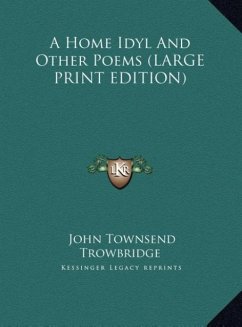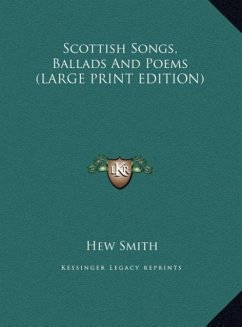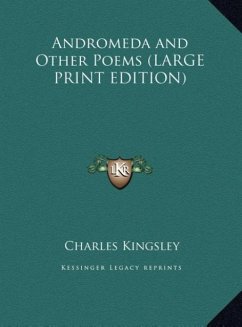
Andromeda and Other Poems (LARGE PRINT EDITION)
Versandkostenfrei!
Versandfertig in 1-2 Wochen
35,99 €
inkl. MwSt.

PAYBACK Punkte
18 °P sammeln!
(LARGE PRINT EDITION) 1858. Charles Kingsley was an English clergyman and novelist. He was the founding member of the Christian Socialist movement and was known for his controversy with Cardinal Newman. He was a chaplain to Queen Victoria, a rector at Eversley, Hampshire and was sympathetic to the Chartists. Contents: Andromeda; Songs, Ballads, etc.; and Early Poems. See other titles by this author available from Kessinger Publishing.



